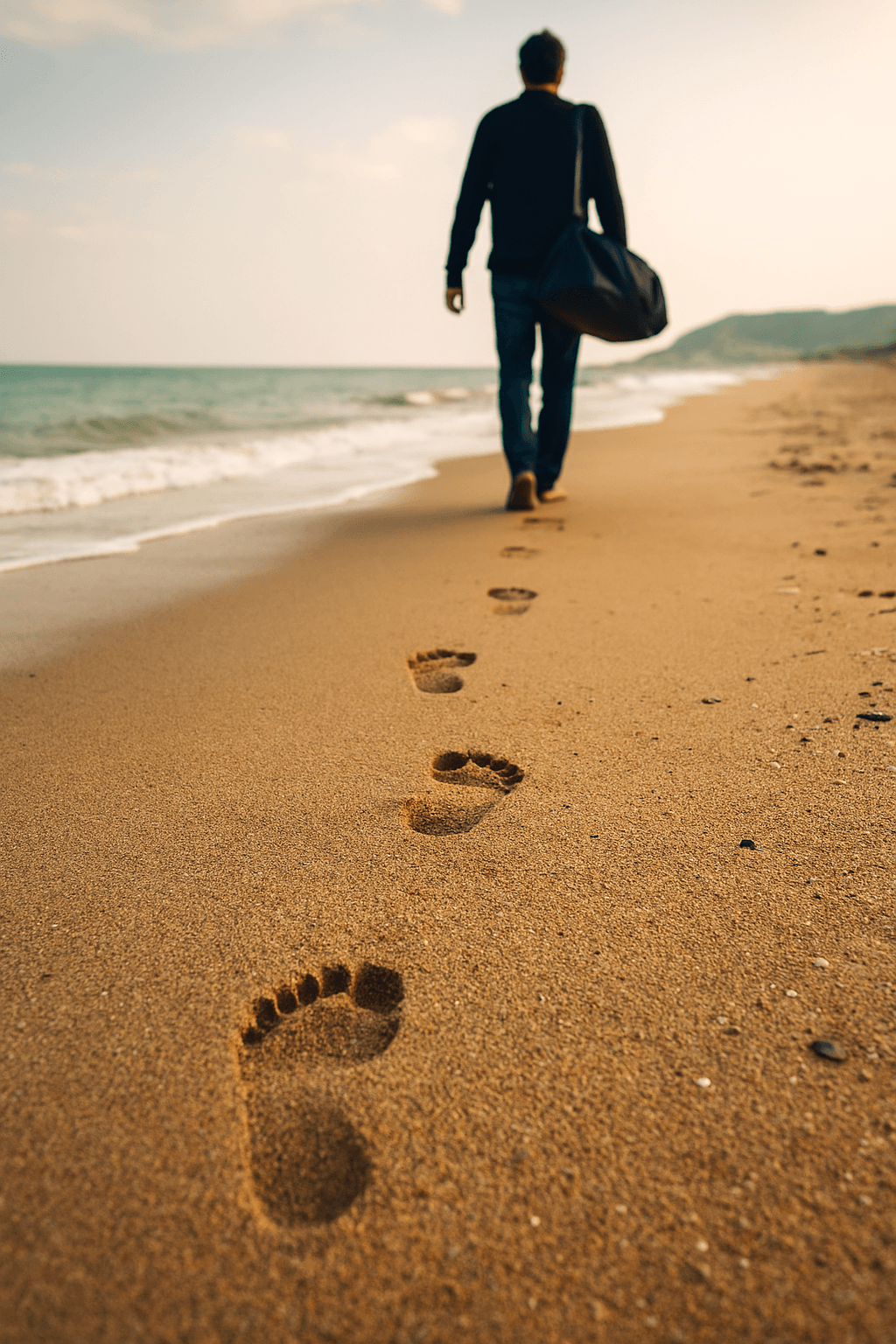Still arguing over who gets the pen. The future’s already signed off.
Fairness isn’t equal outcomes. It’s equal opportunity—scaffolded with dignity, threaded with accountability.
🥛 Half Full, Half Empty: Reframing the Legacy Debate
Life will never be fair. Everyone starts somewhere different—some with privilege, some with pain. Even those with glossy lives carry burdens. Suicide rates alone remind us: appearances deceive.
Fairness means building systems that give those with harder starts a shot—not by lowering standards, but by threading dignity into the climb.
Some say colonisation brought harm. And for some, it did. But it also introduced tools—flush toilets, electricity, immunisations, farming, women’s rights, industrial machinery. Māori didn’t lack resilience. They were navigating a world that changed fast, often without full understanding. Mistakes were made on both sides. But refusing to acknowledge what was gained doesn’t serve our children.
🪞 Rules, Responsibility, and the Mirror We Hold
Some rules—especially those protecting children—were introduced with good intent. Disregarding them hasn’t always led to better outcomes. Blaming colonialism for every failure avoids the harder question: what happens when we hold the mirror up to ourselves?
Do we really want a government that has to legislate common sense? Or one that equips us to make our own decisions?
Take the debate around banning devices for under-16s. One side wants a law—simple, enforceable. The other wants tools for parents. But banning delays the problem. What happens when they turn 16?
For my children, devices were lifelines—connecting them to family overseas, including their father. This was before smartphones, before the dark web. Today, the threats are different. Platforms cross borders, bypassing local laws. That’s where legislation should focus: not on banning devices, but on holding platforms accountable.
🌍 Digital Exposure and the New Frontier
We’ve entered the digital age. Our children face the world—good, bad, and ugly—not just at the doorstep, but in their bedrooms.
The danger isn’t the device. It’s the unregulated platforms that exploit, manipulate, and bypass protections.
We need legislation that shields children from exploitation, not connection. We need systems that open opportunity—not ones that rely on luck, chance, or family networks. And we need to spotlight those who succeed despite the odds, so others can follow.
You can take a horse to water, but you can’t make it drink. And if you choose not to drink—don’t complain about those who do.
⚖️ Grievance, Choice, and the Treaty Ledger
A treaty written between two parties who spoke different languages—both struggling to understand each other—was always going to be subject to interpretation. That’s not failure. That’s complexity. And complexity demands proactive steps toward a joined nation.
But instead of forging unity, we appear to have a group committed to perpetual dispute—because they believe they are right. Yet even before colonisation, Māori were not a single, unified block. Iwi fought between themselves. Land was contested. Power shifted. So to claim a singular Māori voice now—without acknowledging that history—is misleading.
If the fight is for a dual crown, then the ledger must be shared. A treaty is two parties coming together. If one side receives grievance payments, shouldn't they shoulder half the cost?
And what if the UK walks away? What systems would take its place? Would we default to isolation, or open the door to foreign influence? With China already knocking on Rarotonga’s door, would that be the next choice? Under such a regime, would Māori voices be heard?
Perhaps there’s a middle path—for unsettled claims. Scotland remains part of the UK, yet governs itself. Could Aotearoa adopt a similar model—still part of the greater group, but with devolved governance for specific regions or unresolved grievances? And if so, how would that work? Would it unify or fragment?
And who gets to decide? I don’t want Māori deciding for me, I want my voice heard too. My family has been here for more than five generations. What about the thousands of others who have settled here, built lives here, contributed here? Would decisions be made for them too? That’s not democracy. That’s dictatorship.
And if we’re talking about treaty obligations—are Māori holding up their end? A partnership requires accountability on both sides. Not just grievance, but contribution. Not just rights, but responsibilities.
Wars begin when both sides refuse to budge. Look at the Gaza Strip—thousands of years of conflict, locked in cycles of destruction. Is that where we’re headed?
We cannot build a resilient nation if we keep tearing it down. And frankly, watching thousands pack their bags and leave the shores, I feel the pull too.
Because when people leave, they don’t just take their frustration. They take opportunity with them—skills, investment, networks, and energy that may never be available again. These are the builders, the contributors, the quiet stewards of progress. And once gone, they rarely come back.
At some point, we have to ask: are we shooting ourselves in the foot? Are we so focused on settling the past that we’re sabotaging the future? Because another hundred years of fighting risks leaving the country behind. And a forward-looking nation will always do better.
Fairness isn’t equal outcomes. It’s equal opportunity—scaffolded with dignity, threaded with accountability. Let’s catch up fast.
These are the voyages of Random Circuits, boldly entering the arena of ideas that disrupt, challenge, and transform.

